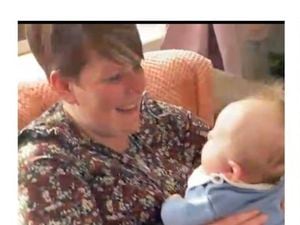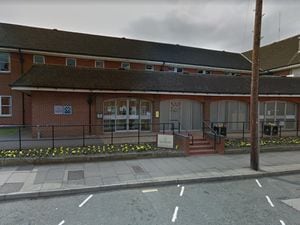Dudley father who died from sepsis 'had treatment delayed due to lack of awareness’
The inquest on a father who died after contracting sepsis has heard a lack of awareness led to a missed opportunity for earlier treatment.

Simon Smith, 51, went to Dudley’s Russells Hall Hospital in July 2018 after suffering severe pain in his leg.
He had begun to show signs of sepsis, including a high temperature and raised heart rate.
But staff failed to give him antibiotics to treat the condition until days later and he went into multi-organ failure.
He was eventually diagnosed with a rare infection in the thigh bone, which triggered sepsis.
Mr Smith, from Dudley, spent 11 weeks in intensive care and was discharged, but weeks later returned to hospital as he had not made a full recovery. He died from sepsis on November 1.
The trust’s consultant trauma orthopaedic surgeon, Mr Qutub Qadri, told the hearing held in Oldbury he had made a treatment plan based on the information junior colleagues provided.
He said he had not been made aware there had been an increase in Mr Smith’s CRP (C-reactive protein) marker, a blood test showing signs of inflammation in the body.
At the hearing, Black Country Coroner Zafar Siddique put to him that the raised CRP levels and a spike in Mr Smith’s temperature “were red flags being triggered”.

In his reply, Mr Qadri said: “The picture given to me was that he was doing well.” He told the hearing that he requested an MRI scan on August 1 as an initial x-ray had not picked up the cause of Mr Smith’s discomfort.
But the scan was delayed by two days.
Mr Qadri said: “I asked for it. I spoke to the consultant radiologist.
“I was in surgery all day. I saw Mr Smith afterwards and he was getting up.
“I asked him if he had the scan and he said ‘no’. I thought we could hold on until the next day. In retrospect, this was not the right decision.
“The next day after my (theatre) list I spoke to the radiologist and this was the first time I was made aware the MRI scanner was broken and there was only a mobile scanner available.”
Mr Siddique also asked him if “lack of sepsis awareness led to a missed opportunity” to spot the infection which led to multi-organ failure.
Mr Qadri replied: “I do agree. Now we have a ward check list. Unfortunately that system was not in place (then). I accept my responsibility as the consultant.”
Following Mr Smith’s death Dudley Group NHS Foundation Trust carried out a root cause analysis, which revealed a string of failures prior to his death.
The inquest continues.





